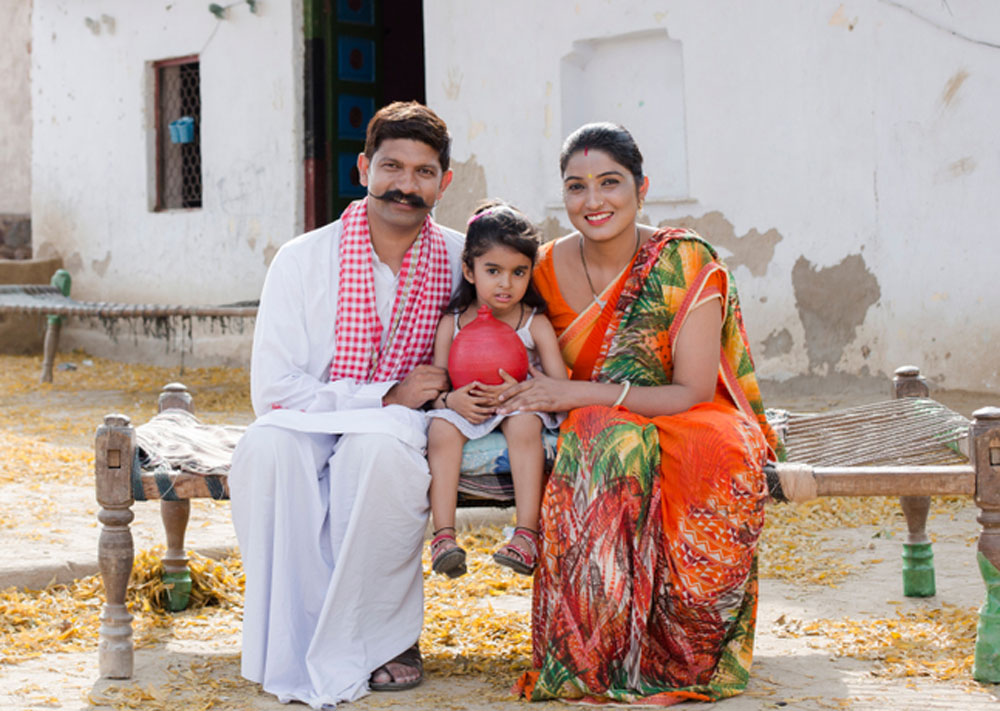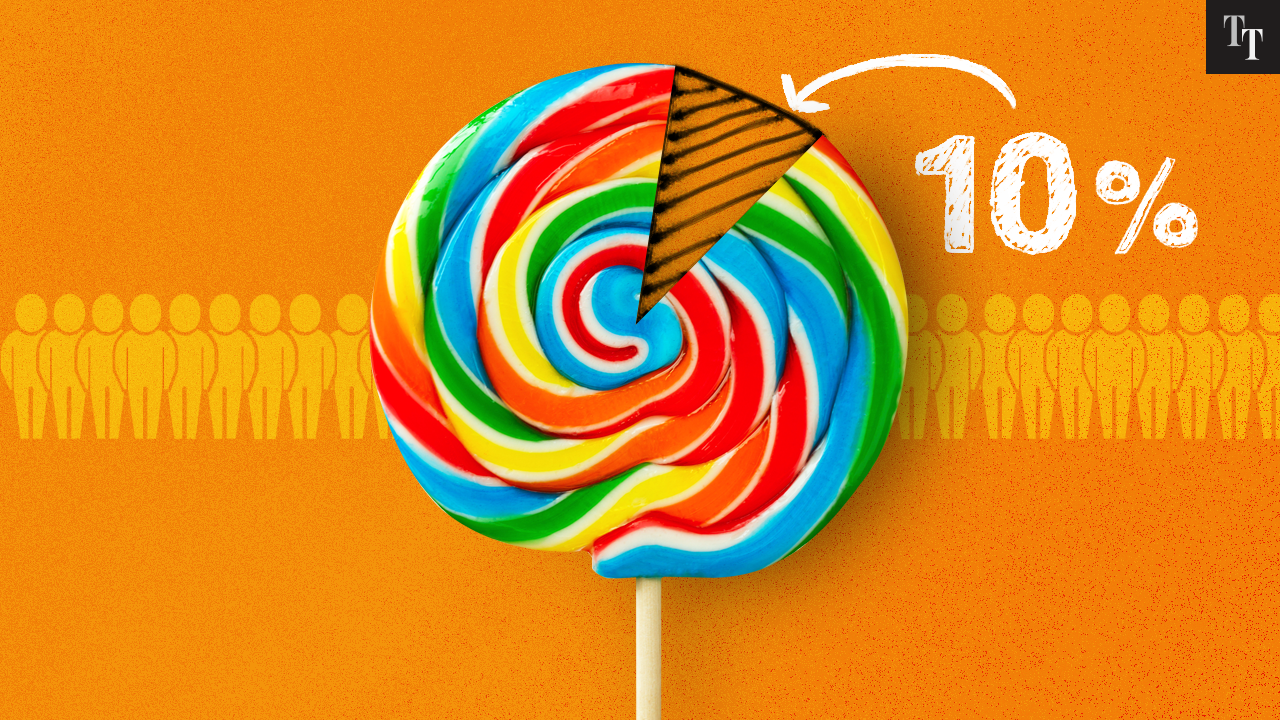A gross annual family income below Rs 8 lakh is the criterion for identifying the economically weaker sections among people so far left out of reservation, the government has announced, ending speculation that the cut-off could be lower.
However, the government notification that revealed the figure on Saturday clarified that there were four other criteria that would disqualify a candidate from the quota if their families satisfied even one of them.
These are: the possession of five acres or more of farmland, or a residential flat of 1,000 square feet or more, or a residential plot of 100 square yards or more in a municipal area, or a residential plot of 200 square yards or more in a non-municipal area.
Several groups representing the Other Backward Classes have, however, begun opposing the economic quota as “anti-OBC”, saying it violates the spirit of the Constitution and questioning aspects of the income cut-off.
The notification from the department of personnel (DoPT) and training defined “family” as the candidate and his or her parents and spouse. “The income shall include income from all sources i.e. salary, agriculture, business, profession, etc, and it will be income for the financial year prior to the year of application,” it said.
Government sources had circulated the same cut-offs as “proposed criteria” among the media when the economic quota bill was passed this month. But when critics argued that the criteria would make large sections of the upper castes eligible, the sources had hinted that the income cut-off might be lowered.
But the government has stuck to the Rs 8 lakh cut-off used to identify the “creamy layer” among the OBCs too.
Sashank Ratnoo, a lawyer who heads a body of OBC civil service aspirants, however, highlighted that for the OBCs, the government considers the average income of the preceding three years.
“For the economic quota, they will consider the income of the previous year. It can be misused. People can manipulate income data from one year,” Ratnoo said.
Hansraj Jangra, president of the OBC Joint Action Committee, said the new quota violated the spirit of the Constitution, which needed to be amended to allow reservation on the basis of economic criteria.
“This is against the interest of OBCs,” he said, stressing that the 10 per cent quota would reduce the unreserved seats, lowering the possibility of the best OBC students qualifying under the general list and freeing up more quota space for their brethren.
He also pointed to the total quota volume now exceeding the court-mandated ceiling of 50 per cent.
“If the ceiling can be violated, the OBCs alone should get 52 per cent reservation as they make up that proportion of the population,” Jangra said.
Ratnoo also asked how the same income cut-off could be applied to the upper caste poor and the socially backward OBCs.
However, a 1993 Supreme Court order had said that income from salary and agriculture should be ignored while determining the OBC creamy layer (leaving earnings from business, rentals and the like to be considered).
Later, a DoPT clarification in 2004 allowed the inclusion of salary, which was set aside by various courts including Madras High Court in July 2017. The matter is now pending with the Supreme Court.
Over 50 OBC candidates, including Ratnoo, who cleared the civil services examination under the quota in the past three years have not been allotted their service or cadre as the DoPT has taken salaries into account to calculate their family income.












